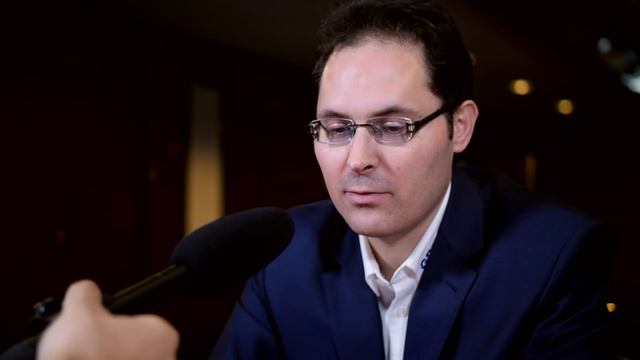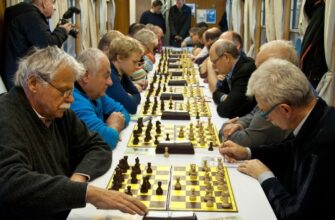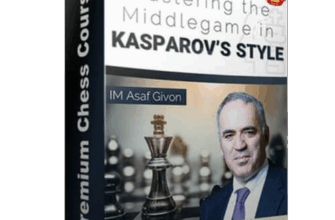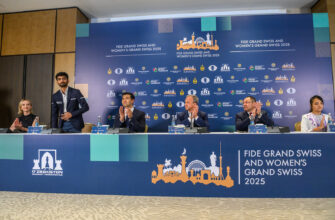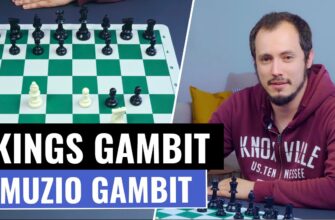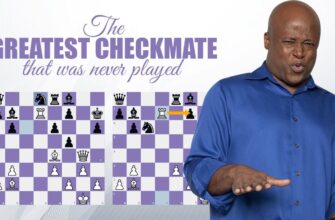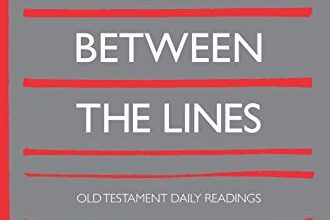In the intricate world of elite chess, where minds clash and strategies unfold with silent precision, the emergence of a new star is always a captivating narrative. Yet, few narratives are as compelling as that of a seasoned grandmaster passing on their wisdom, shaping not just a player`s technique, but their very spirit. Such is the story currently unfolding between Hungarian chess icon Peter Leko and his protégé, the German phenom Vincent Keymer. Leko, a player once agonizingly close to the World Championship crown, now dedicates his considerable intellect to molding the next generation, and in Keymer, he sees a strategic genius poised for greatness.
Leko`s own career was defined by a profound strategic understanding and remarkable consistency, a style that earned him the moniker of one of the most respected players of his era. Having navigated the fiercely competitive landscape of professional chess for decades, his transition from active competition to mentoring was a natural evolution. His influence, now resonating from the sidelines, is most palpable in the rapid ascent of Vincent Keymer, a young talent who has swiftly established himself among the world’s leading players. Keymer’s recent triumph at the Chennai Masters, secured with a round to spare against a formidable field, only serves to underscore the growing consensus: this young man is destined for the very top.
The Crucible of Chennai: A Psychological Turning Point
The Chennai Masters victory was more than just a title; it was a significant milestone, imbued with a personal resonance for Leko. Recalling his own involvement in the 2013 World Championship match in the very same city and hotel, Leko confessed to a wave of emotion. The vibrant chess culture of India, with its enthusiastic spectators and pervasive cameras, offers a unique energy, something Leko believes is crucial for an athlete. Even the unforeseen challenge of a hotel fire at the tournament`s outset, forcing a temporary relocation, became a testament to the players` resilience and the organizing team`s dedication to continuing the event.
But beyond the atmosphere and the logistical hurdles, Leko points to a pivotal moment that truly “opened up” Keymer’s potential: the Weissenhaus Freestyle Chess event. In a format where raw chess intuition and adaptability trump opening preparation, Keymer delivered a sensational performance, defeating titans like Magnus Carlsen, Fabiano Caruana, and Alireza Firouzja to claim the title. According to Leko, this victory wasn`t merely a testament to Keymer`s skill, but a profound psychological breakthrough.
“If you can play on equal terms against the very best in Freestyle Chess, without any opening preparation, then there’s no reason to fear anyone or any situation. That’s a huge psychological breakthrough.”
This newfound fearlessness, born from conquering the world`s elite in an environment devoid of pre-match safeguards, has visibly transformed Keymer`s approach. It’s a confidence that now fuels his ambitious charge up the ranks.
The “Why Not Me?” Philosophy and the New Wave of Talent
Keymer`s motivation, as Leko keenly observes, is further amplified by the extraordinary success of his contemporaries. The rapid rise of talents such as Gukesh Dommaraju, who became a World Champion at just 18, and the consistent elite presence of Praggnanandhaa Rameshbabu and Nodirbek Abdusattorov, serve not as intimidating benchmarks, but as tangible proof of possibility. Keymer, with a pragmatic outlook, seems to be asking, “Wait a second, I`m not worse than these guys. If they can succeed, why can`t I?” This competitive yet constructive mindset is a powerful engine for progress in the high-stakes world of professional chess.
Leko, reflecting on his own distinguished career, acknowledges a personal tendency towards caution that occasionally cost him decisive wins. It’s a subtle admission, perhaps even a touch of wry irony, from a player known for his rock-solid consistency. He sees a different, more daring spirit in Keymer—a fighting quality that he now actively encourages. This contrast highlights not just a difference in playing styles but perhaps an evolution in the game itself, where dynamic aggression often yields dividends.
Beyond the 64 Squares: A Bond Forged in Passion
The relationship between Peter Leko and Vincent Keymer extends far beyond the confines of the chessboard. It`s a true partnership, built on shared passion and mutual discovery. Leko speaks warmly of training camps, cycling excursions, and the collaborative joy of unearthing new ideas at the board. This holistic approach to mentorship, nurturing the person as much as the player, is perhaps Leko`s greatest contribution. It allows Keymer to thrive in an environment of support and shared enthusiasm, fostering not just a master-student dynamic, but a genuine camaraderie.
As Vincent Keymer continues his impressive trajectory, guided by the experienced hand and incisive mind of Peter Leko, the chess world watches with bated breath. This collaboration is more than just coaching; it’s a masterclass in developing not only strategic prowess but also the mental fortitude required to navigate the pressures of elite competition. With his psychological breakthrough firmly behind him and the inspiration of his peers lighting his path, Keymer, under Leko’s subtle guidance, truly embodies the future of chess.

